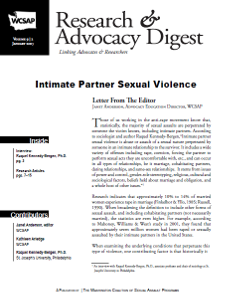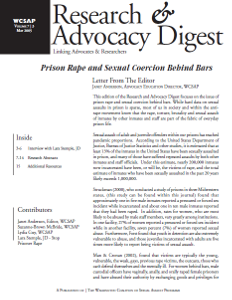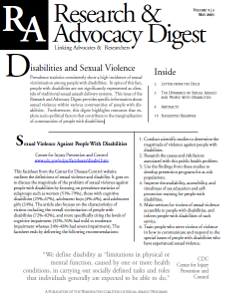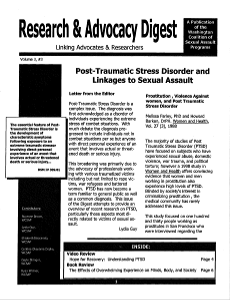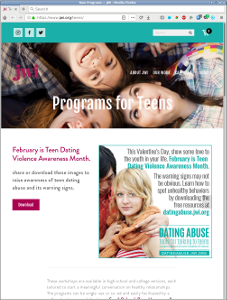Those of us working in the anti-rape movement know that, statistically, the majority of sexual assaults are perpetrated by someone the victim knows, including intimate partners. According to sociologist and author Raquel Kennedy-Bergen,
Intimate partner sexual violence is abuse or assault of a sexual nature perpetrated by someone in an intimate relationship to the survivor. It includes a wide variety of offenses including rape, coercion, forcing the partner to perform…
